Archived Blogs
|
Our lives are ruled by clocks. I wake to an alarm clock, wander into the kitchen with my cell phone clutched in my sluggish hand, and pour tea in a room surrounded with digital time keepers. On the microwave, oven and coffeemaker are more time keepers. My laptop has the time and date on the right upper corner. My car has not one, but two clocks. One digital and the other a round clock below the radio. I usually forget about that one. A clock greets me at the office. And then… My electronic medical charting displaying my schedule has several different time notations. I can see when a patient checked in, when my visit started and when they were discharged from the office. My office phone also reminds me of the date and time. I no longer wear a watch. For me, it’s beyond redundant. Tempus vitam Regit. Time Rules Life. We all regulate our lives with these timekeeping instruments. But is that a good thing? And if not…can we make it stop? You can read an interesting article on the ludicrous idea of stopping time here. I didn’t actually mean to bring time to a halt. What I meant was...how can we stop our relentless obsession with time. Those measured periods during which something is supposed to happen. A fixed moment. A division of chronology. What would it feel like to ignore the movement of the clock hands? To wake when your body has reached its fill of slumber, to eat when you’re hungry, to pause what you’re doing when the sky is shot with the taffy colored light of a glorious sunset. To chat with a co-worker when they’re feeling down…for as long as it took. It’s possible, you know. All you’d have to do is move to a small Norwegian town where they’re working to eliminate time. Really. You can read about it here.
In a land where the sun doesn’t set in the summer and doesn’t rise in the winter, they’ve determined that clocks and watches just don’t have the same meaning that we give them here. They’ve already started disposing of time…symbolically anyway. Like the Pont Des Arts bridge in Paris where ‘love locks’ used to be placed, the Norwegians attach their discarded watches to a bridge leading to the mainland. They’ve become more flexible with their work hours, school days, and get-togethers. It’s fascinating to think of being freed from the confines of a time marker. To become a master, instead of slave, to a digital device. According to Albert Einstein: “Time is an Illusion”. It sure doesn’t feel that way to me Albert E., but maybe someday, I’ll make some time to try a different way of living.
0 Comments
I went to see Sherlock Holmes and it dawned on me just how popular that guy is. Movies. Plays. Netflix...it never ends. But what do you know about the author of the original books, Sir Arthur Conan Doyle? I bet, like me, you don’t know too much about the guy. It turns out that he was pretty interesting. Doyle was a doctor. (big surprise to me!) He went to medical school and later studied ophthalmology. It is said that one of his teachers, Dr Joseph Bell, inspired his Sherlock Holmes character and it was during medical school that Arthur Conan Doyle started writing short stories and introduced Holmes as a detective. His dual careers continued--one career flourished and he became world famous as an author. And the other career? Doyle decided to stop practicing medicine after a serious bout of influenza helped him clarify his future path. But--if I was a psychoanalyst…I would say that he put his medicine career on the back burner when Sherlock came into existence. I don’t think it’s a coincidence that the good Doctor Watson was the side-kick and not the primary investigator. Despite how successful the Sherlock Holmes series was, Doyle grew tired of the detective. He wanted to write more important, impressive work but his fans (and his own mother) did not agree with his decision. Shortly after killing the famous detective at Reichenbach Falls, readers of his works starting wearing black bands on their sleeves in mourning for the imaginary character. A distressed fan attacked Doyle with her purse. On the whole, it was an unpopular decision which he remedied by producing a new series, also staring Holmes, that was supposed to have occurred earlier in the detective’s career. Did you know that Doyle used his detective skills to help solve real mysteries? His investigation led to the release to two men who were accused of different crimes. You can google: George Edalji for an interesting story of one of his cases. Lastly, the part for which he’s become my personal hero. He was vocal against the anti-vaxxers, who he called anti-vaccinationists. I thought that the opposition to vaccines was a new problem, but that is clearly not the case. Harriet Hall MD, in her blog, Sir Arthur Conan Doyle on Vaccination, came across letters that Doyle wrote for a newspaper in 1887. At that time the only vaccine available was for small pox—for which the risk of death from infection was 30%! Multitudes of survivors were left permanently scarred or blinded. Thank God that's gone! Here are my favorite sections of her blog:
In the letters, he is responding to a Colonel Wintle, who objects to vaccination “upon two points: its immorality and its inefficiency or positive harmfulness.” Conan Doyle says “an enormous responsibility rests with the men whose notion of progress is to revert to the condition of things which existed in the dark ages before the dawn of medical science.” If you practice medicine, maybe you’ve seen this too: He says, “As to the serious effects of vaccination which Colonel Wintle describes as indescribable, they are to a very large extent imaginary … Some parents have an amusing habit of ascribing anything which happens to their children, from the whooping-cough to a broken leg, to the effects of their vaccination.” I almost forgot to tell you about Holmes and Watson. It was great! Fabulous acting, lots of melodrama, several surprises at the end! It’s playing at the Stage West theater in Ft Worth. You should see it! Here’s the link.
Goodreads Book GiveawayEnter Giveaway Last weekend we went to Costco to stock up on supplies. Since it was lunch time, we decided a slice of pizza was a good idea. My husband stood in line and I sat at a table. Instead of playing with my phone, I started watching the people around me. Directly in front of me was a table with a grandfather and two boys. He wore a faded baseball cap and his gray hair curled a bit underneath. His shirt, I noticed, was almost a match to one in my husband’s closet. Creases radiated from his eyes, he laughed and smiled a lot during those few minutes. Mostly he talked, but every once in a while, he’d take a spoonful of ice cream from the cup he held and slowly lick it from his spoon. The boys looked like they might have just come from the swimming pool. Maybe seven and eight years old. One of them had hair that stood up in all directions. He wore cargo shorts and flip flops. The other had a neon green shirt over bright orange shorts. Bright riotous colors. I figured they had already finished their ice cream. Boys are fast eaters, right? Just as I’d constructed a whole story in my head…their dad arrived carrying water bottles under his arms and several-plate loads of pizza. He was a large man, likely an ex-football player. “What’s going on?” he asked. I didn’t hear the answer. Instead of grandpa sliding over to allow dad to sit down too, he got up and walked away from the table. I watched as he headed toward the exit. When I looked back at the table, I realized that I had seriously misinterpreted the situation...
The two boys were glued together on the bench, shoulders smashed against each other. Their twin gazes followed that man…obviously not their grandfather…as he left. Instead of smiling like the stranger had, their faces were serious and their eyes anxious. In fact, they looked scared. HOW COULD I HAVE MISSED THAT? Within a few minutes of dad appearing on the scene, they were all joking. I remembered that when the stranger had been sitting, the man had done all the talking and the boys had not opened their mouths. Within minutes, the boys were mimicking the way their father held his pizza (folded) and trying to shove each other off the bench. Everything was normal again but I was disturbed. Why didn’t I pick up on the fact that the boys didn’t feel safe? Their body language practically screamed they were nervous. An article by Drew, Vo and Wolfe In Psychol. Science (2013), helped me to understand what happened. They reported that: The tendency to let expectation be our guide can cause even those of us who are intelligent, experienced, and well-trained to overlook some startlingly obvious things. Researchers have called this confirmation bias. We actively seek out and accept information that agrees with our preconceptions. The stranger’s shirt looked like my husband’s so he must’ve been a nice guy. Our brains will discount information that does not match up with our beliefs therefore I didn’t register their unease until after the stranger was gone. Have you ever had any thing like this happen to you? There’s a rather famous experiment called The Monkey Business Illusion. You can find it here. You might want to try to test your own powers of observation. And here’s a study of what happened when they hid the image of a gorilla in a CT scan. 83% of the radiologist missed seeing it! Studies on are brain show that often, we see what we expect to see, despite the evidence around us. In other words, believing is seeing, instead of the reverse. Years ago I took my young son to the Smithsonian museums in Washington D.C. He spent 4 hours in the National Museum of Air and Space and I thought it was going to kill me. Dehydrated ice cream in a foil packet was his favorite part. Yum. When we arrived at the National Museum of Natural History, something I was more interested in, he took one look at the exhibit of monkeys and explanation of evolution and declared it a “fake”. At first, I thought he meant the bones. I doubted they were real too. Surely the actual pre-historic bones and fragments were locked in a humidity-controlled, pressure-sealed vault so that they wouldn’t be damaged by a careless accident. But, one look at his face and I knew I was wrong. He’d learned in his Christian school that evolution was an elaborate hoax. That reading Harry Potter could endanger your soul. There was no sense in debate. If the Smithsonian museum wasn’t compelling enough...I doubt I could come up with a better, more convincing argument. We walked out and I decided to address this when he was a big older. (I’m proud to say he’s now read every Harry Potter book ) Fast forward to last weekend when I was was visiting the Smithsonian museums again. I was enjoying the experience, reading the informative descriptions and admiring the curated works. Beside me, a man approached a display case, pumped his fist in the air and called out, “You lied, Darwin.” Here was the problem. I wasn’t at the National Museum of Natural History, I was at the new National Museum of African-American History and Culture. The display didn’t not mention Darwin. I know because I’d just walked past it. I didn’t pay too much attention because the title was something like “…proved the African-American was not inferior to the white race.” It wasn't exactly earth-shaking news to me. But this man was transfixed by the exhibit and he was very angry at a man who’d been dead for 137 years. So while my husband walked through the rest of the exhibits, mostly on athletes, I snuck off to find out what this stranger had against Darwin. I have to tell you, I’m disappointed in what I discovered. First, let’s start with the title of the book as I learned it: The Origin of Species
The original title was: On the Origin of Species by Means of Natural Selection, or the Preservation of Favored Races in the Struggle for Life. That second part was dropped in later editions. The book taught that natural selection, those better adapted to their environment (stronger, faster, bear more children) will be selected out by nature and have an increased survival rate. That's the part I remember but Darwin also had some specific ideas about race that were never mentioned to me in school. (maybe it's taught now?) While Darwin felt that slavery was wrong, he did not consider slaves as his equal. Steven Rose, in “Darwin, race and gender” wrote, He was also convinced that evolution was progressive, and that the white races—especially the Europeans—were evolutionarily more advanced than the black races, thus establishing race differences and a racial hierarchy. Phil Moore’s article titled “What Your Biology Teacher Didn’t Tell You About Charles Darwin” is even more distressing. What’s astonishing is how little they understand that Charles Darwin and his theory of evolution provided the doctrine behind its white supremacism. Whereas the British Empire of the early 19th century had been dominated by Christian reformers such as William Wilberforce, who sold slave badges that proclaimed, “Am I not a man and a brother?”, Darwin’s writings converted an empire with a conscience into an empire with a scientific philosophy. Four years after Darwin published The Origin of Species, James Hunt turned it into a justification for slavery. In his 1863 paper, “On the Negro’s Place in Nature,” he asserted: “Our Bristol and Liverpool merchants, perhaps, helped to benefit the race when they transported some of them to America.” According to this Moore, Darwin’s work has not only been cited to justify slavery, but by other groups seeking to justify their actions. Hitler, for instance. After reading everything I could about the subject, I have this to say… You lied, Darwin. |
Archives
October 2020
Categories |
COPYRIGHT 2017 SUSAN BADARACCO | Site Credits


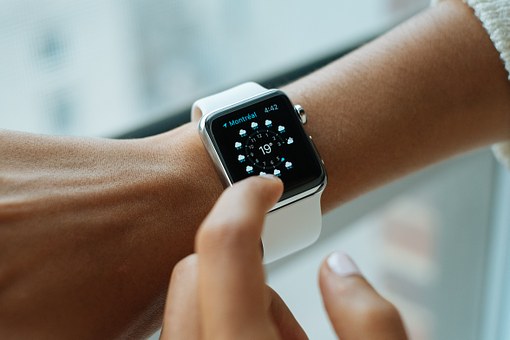

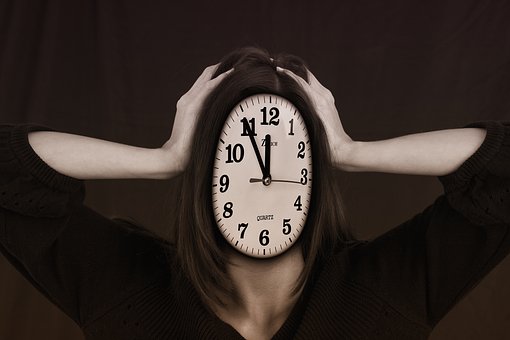

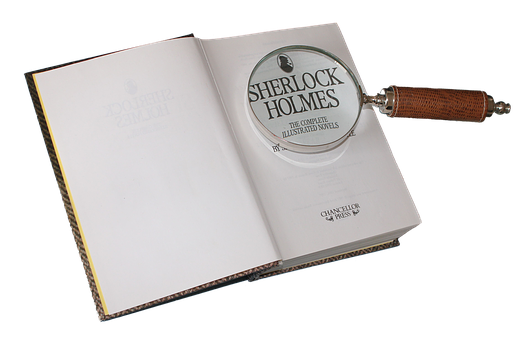




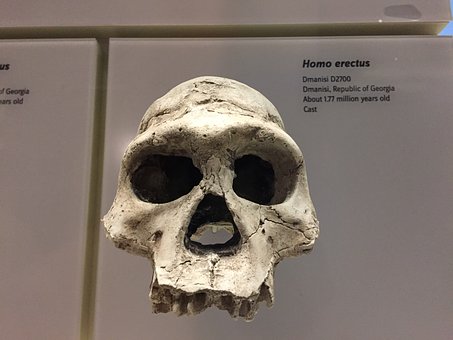
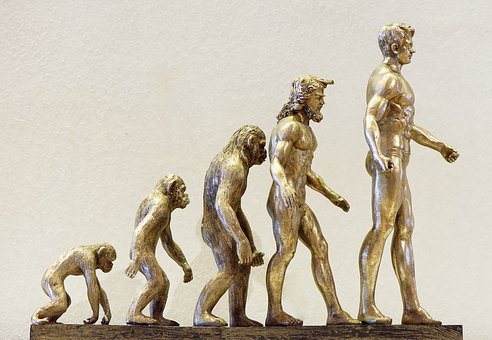
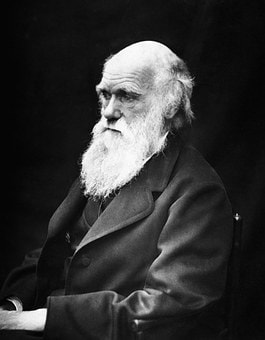
 RSS Feed
RSS Feed